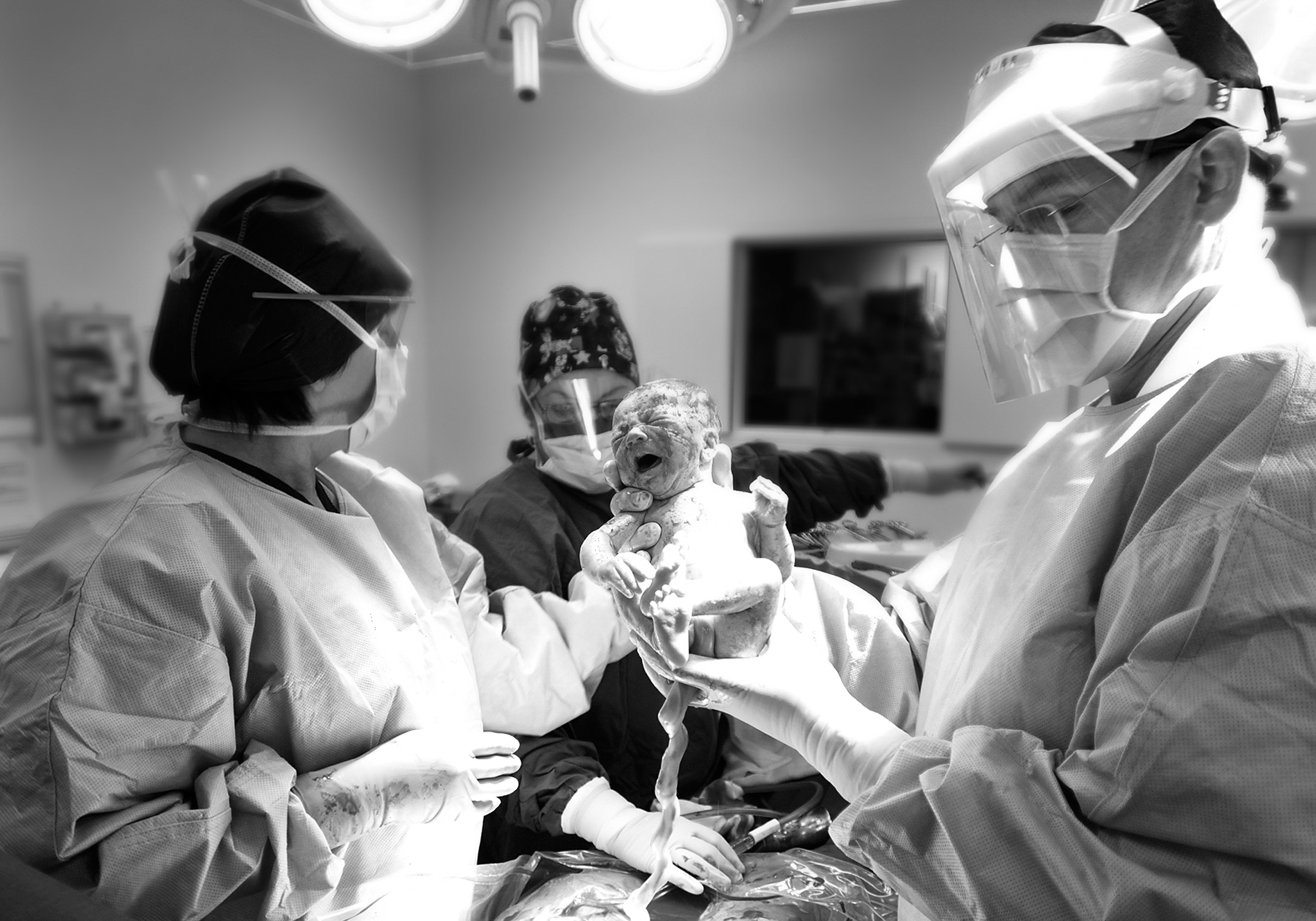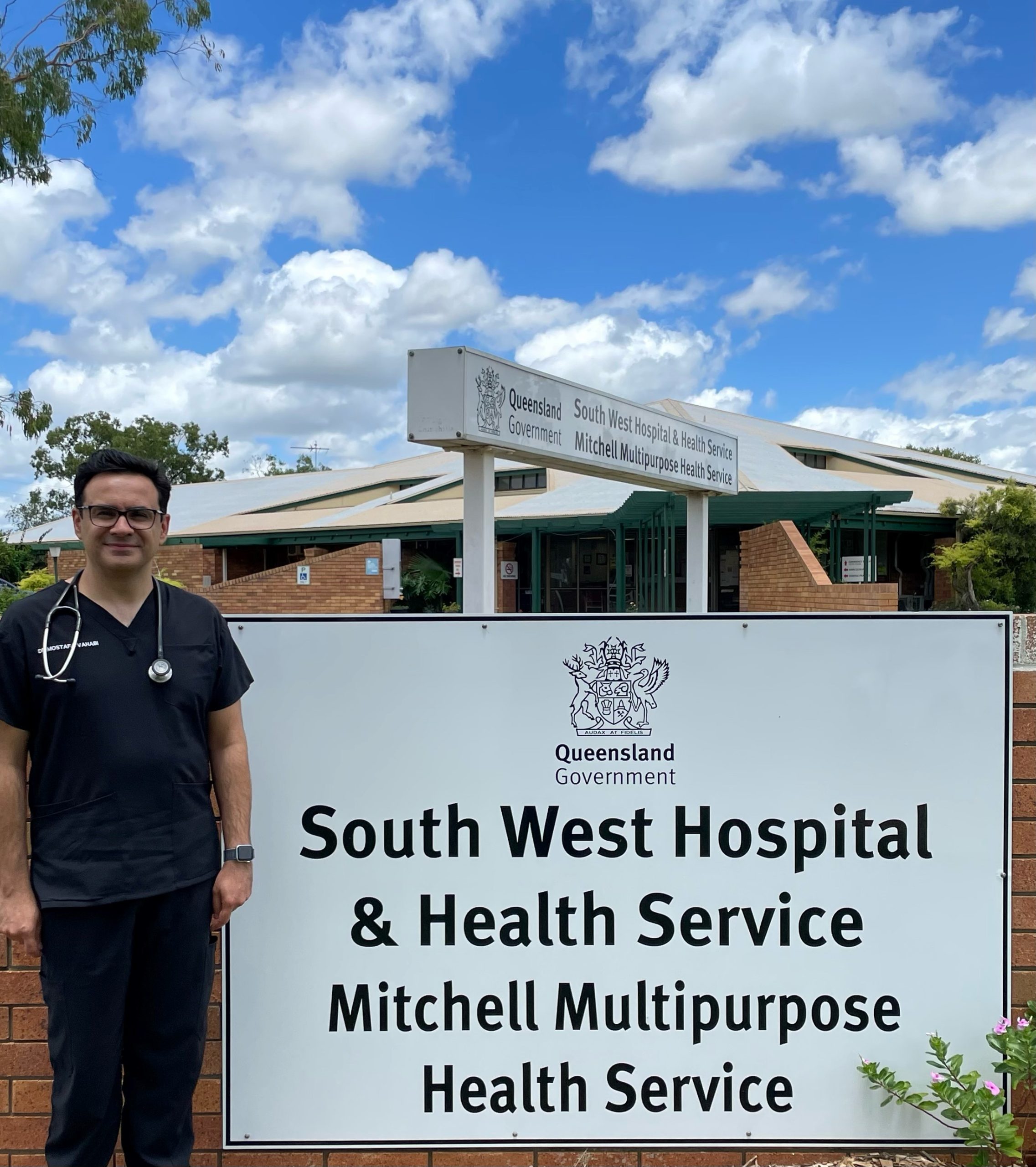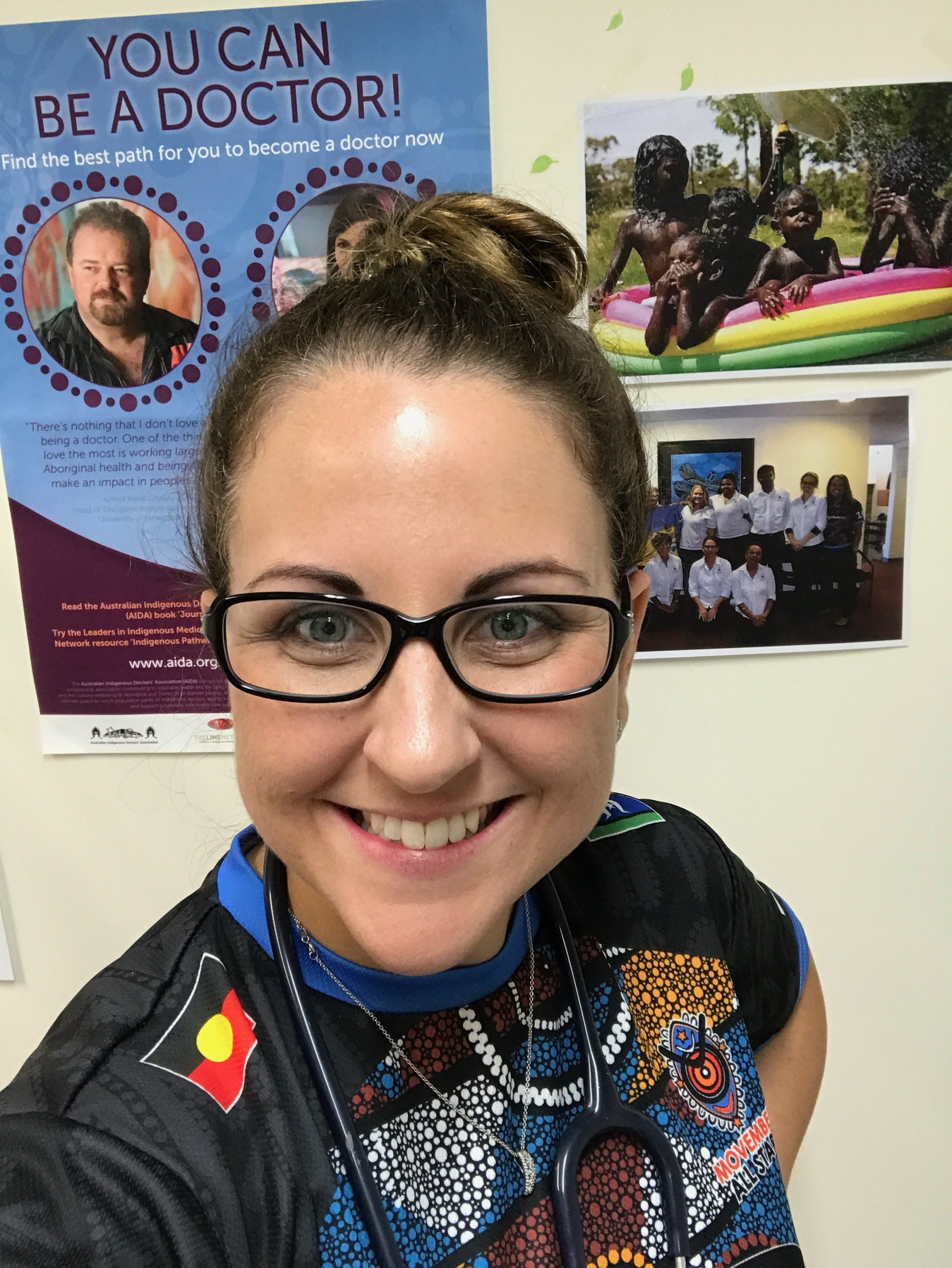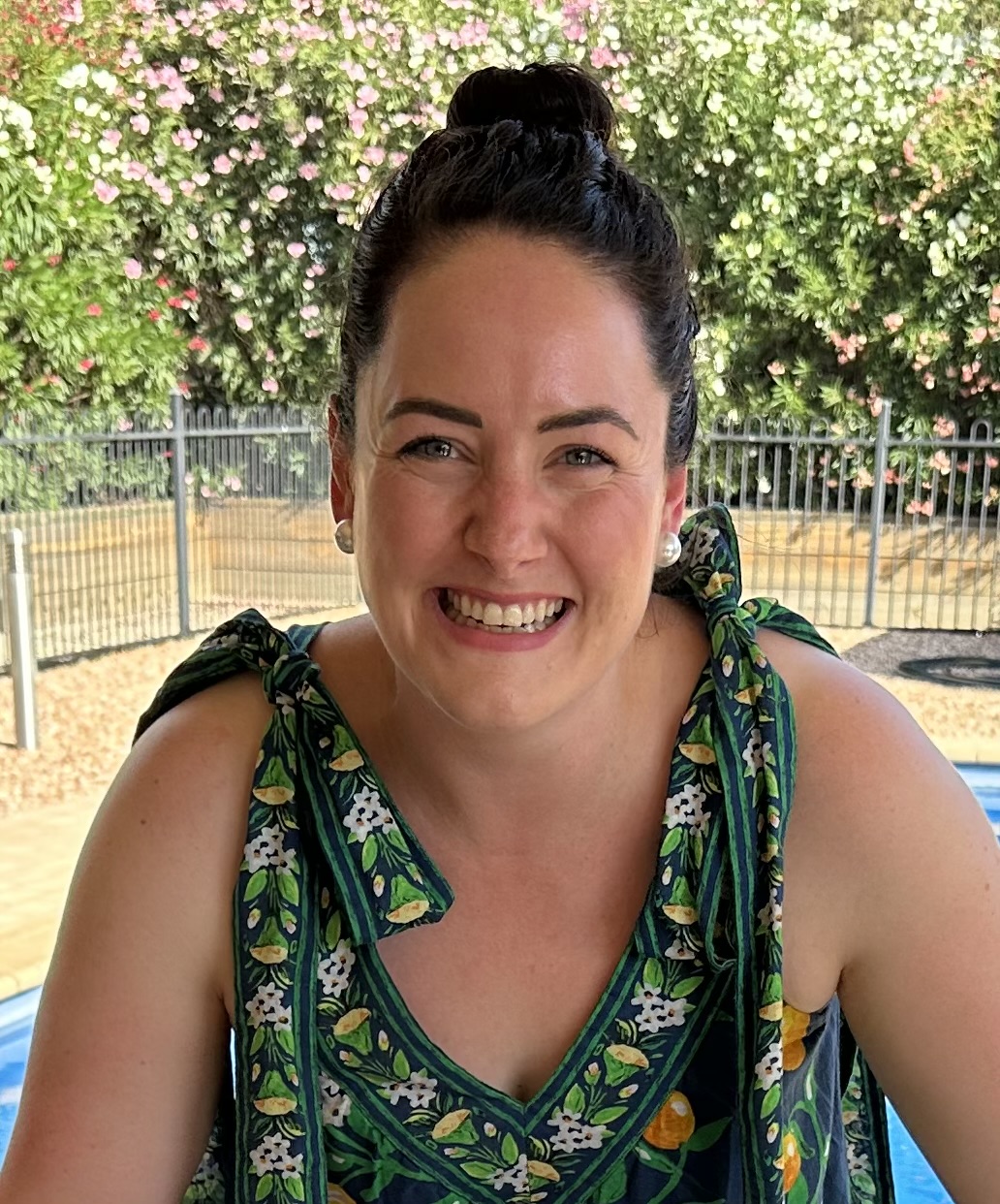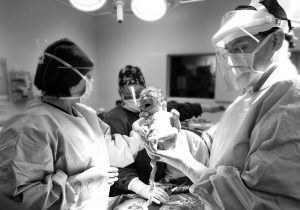There are many advanced skill disciplines to choose from and deciding which is right for you can be tricky. Here are some tips to help you decide.
It’s all about the community
Rural Generalists are integral members of their communities and the needs of the community you’re going to be working in should be at the forefront of your mind when considering which advanced skill discipline to pursue. Consider the current health services offered at locations you’re interested in and start a conversation with senior staff to get a feel for what skills the health service needs and why.
Know where the jobs are
Whether your preference is to pursue a discipline and be flexible on location or pursue a location and be flexible on discipline, it’s important to know that a job will be available for you upon completion of your AST. We encourage you to be proactive in your job hunting by developing your rural medical networks early on in your training. This can be achieved in a variety of ways such as: discussions with Rural Generalist facilitators at QRGP prevocational workshops, attending rural medical conferences, talking to colleagues who are already in rural practice, talking to your Rural Generalist Training Advisor and making an effort to visit locations of interest and meet the local team.
The QRGP also releases a vocational placement vacancy list every year which can help give you an indication of current and past job availability. Check out previous lists here.
Consider your personal and family circumstances
It’s important to ensure your advanced skills training and discipline practise is compatible with your personal and family circumstances. Consider the types and availability of support systems around you to help assist you and your family as you train and transition to independent practice in your discipline. Ensure you talk to those close to you and discuss the impacts and benefits of training and working in your particular discipline.
If you’re unsure, try a bit of everything
Use your junior doctor rotations to try before you buy and find out what you enjoy, or don’t, about particular disciplines. If spending time working in a particular discipline is something you can see yourself doing, it may be a sign that you should consider flavouring your rural practice with that skillset.
Plan for skill maintenance
Maintaining skill currency is paramount and each skill has different CPD requirements, from clinical upskilling or attachments at tertiary hospitals to courses and other professional development expectations. Consider returning to the facility you trained in for upskilling, or, if you’re relocating out of that referral region, develop relationships with your closest referral centre. Commence conversations with the relevant people before you complete your AST if possible but certainly well in advance of any triennial currency deadlines.
Remember your advanced skill is not the total of your Rural Generalist practise
Don’t assume you’ll be spending the majority of your time practising your advanced skill. Rural Generalism is about caring for all patients in your community and the generalist nature of your training will prepare you well for this. Ensure you don’t de-skill in your generalist practise by favouring your advanced skill practise.
Still not sure which discipline to choose? That’s what’s so great about being on the QRGP. Click here for career advice or call 1800 680 291.
To see the range of Advanced Skills disciplines you can pursue and associated training positions, click here.


